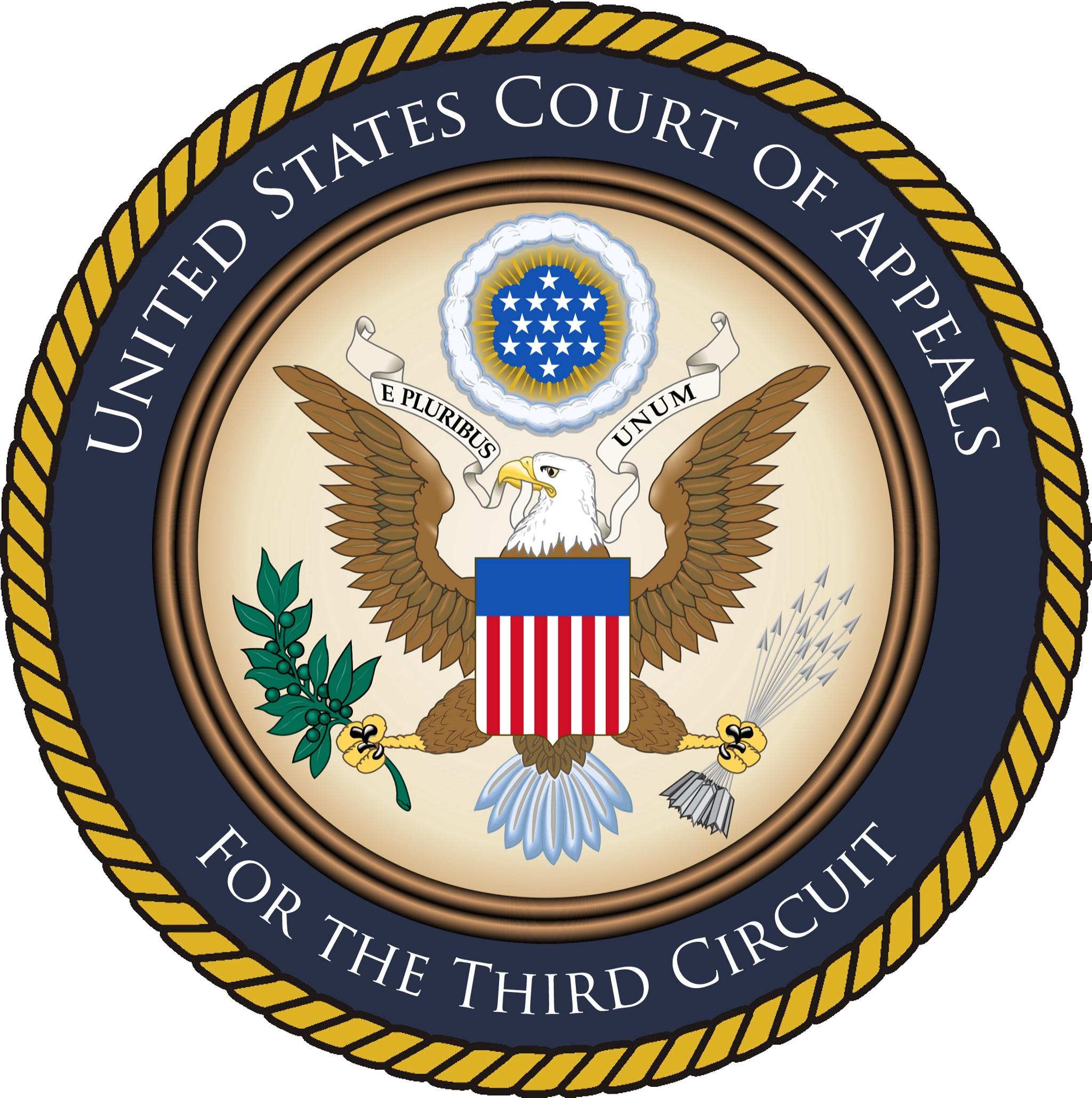Pennsylvania murder conviction reversed due to witness and prosecutor’s lies
In 1998, Vance Haskell was convicted of first-degree murder and sentenced to life without parole for the shooting of Darrel Cooley. Nearly four years prior, Cooley was gunned down with a semiautomatic weapon at a steakhouse in Erie, Pennsylvania. Haskell matched the profile of a suspect based on the reports of multiple witnesses, but it was the […]

In 1998, Vance Haskell was convicted of first-degree murder and sentenced to life without parole for the shooting of Darrel Cooley. Nearly four years prior, Cooley was gunned down with a semiautomatic weapon at a steakhouse in Erie, Pennsylvania. Haskell matched the profile of a suspect based on the reports of multiple witnesses, but it was the testimony of one witness in particular, Antoinette Blue, that sealed his fate. Unlike the other witnesses, Blue was able to pinpoint Haskell as the gunman.
Two decades have passed since Haskell was found guilty, but a recent federal court ruling increased the chances that the 48-year-old will see the outside of a prison after all. On August 1, the 3rd U.S. Circuit Court of Appeals overturned Haskell’s conviction because Blue committed perjury during the 1998 trial.
Three years went by between the day of the shooting and the day Blue recounted what happened to law enforcement. At the time, she was facing criminal charges of her own and locked up at the Erie County Jail. Blue reached out to a detective working on Haskell’s case and later acted as a key witness for the prosecuting attorney, Matthew Hayes. Blue was released from jail, even though more charges had been brought against her during her time there. Hayes also informed the judge in Blue’s case that she was being cooperative. At Haskell’s trial, however, Blue lied about her criminal charges and the fact that she received leniency for her cooperation.
On August 1, a panel of three appellate judges concluded:
Blue lied when she testified — both at Haskell’s preliminary hearing and at his trial — that she expected nothing in return for her testimony. She expected and eventually received favorable treatment at sentencing for her Mercer County charges. The Commonwealth, of course, knew Blue’s testimony was false and failed to correct it. Turning to the final inquiry, we conclude that there is a reasonable likelihood that Blue’s false testimony could have affected the jury’s judgment.
Erie County District Attorney Jack Danieri intends to appeal the 3rd Circuit’s ruling. It is possible that Haskell will be tried again for Cooley’s murder, and that he could still live out the rest of his life in prison. But the overturned conviction also leaves room for Haskell’s release.
Haskell is far from the only person whose fate in the criminal justice system rested in the hands of a witness swayed by a prosecutor. He is, however, one of the lucky ones. It is rare for a convicted person to prove that there was some form of misconduct during their trial, let alone prove that a witness committed perjury at the request of a prosecutor or received some sort of compensation for testifying.
Publicized cases have, over time, offered a glimpse at how this type of bargaining between prosecutors and witnesses damns people to a lifetime of imprisonment — or worse. The Death Penalty Information Center, an organization that tracks capital sentencing and execution trends nationwide, recorded examples of multiple people sentenced to die in the 1970s and 1980s because of this collaboration. Several witnesses agreed to testify against defendants, in order to receive immunity or leniency for their own involvement in a capital offense.
A number of death row inmates have been exonerated more recently because testifying witnesses received money from investigators or prosecutors and lied about it. In 2015, Montez Spradley was released from an Alabama prison after it was discovered that his girlfriend, a primary witness in his case, was given $10,000 for testifying. The girlfriend had received $5,000 from Deputy District Attorney Mike Anderton by way of a private fund and $5,000 straight from the governor’s office. In February, a federal appeals court overturned the conviction of Andrew Lee Thomas Jr., who was prosecuted by Shelby County District Attorney Amy Weirich in 2001. A witness had received $750 from the FBI, but later testified that she hadn’t been compensated for her cooperation. Weirich denied having any knowledge of the payment.
In Pennsylvania, Haskell’s fate is still up in the air. But his case demonstrates, once again, that prosecutors will go to great lengths to win.
